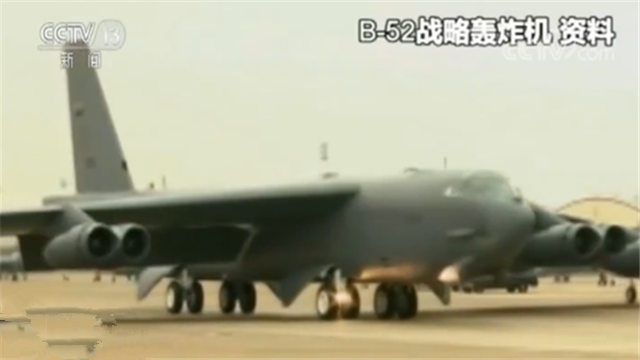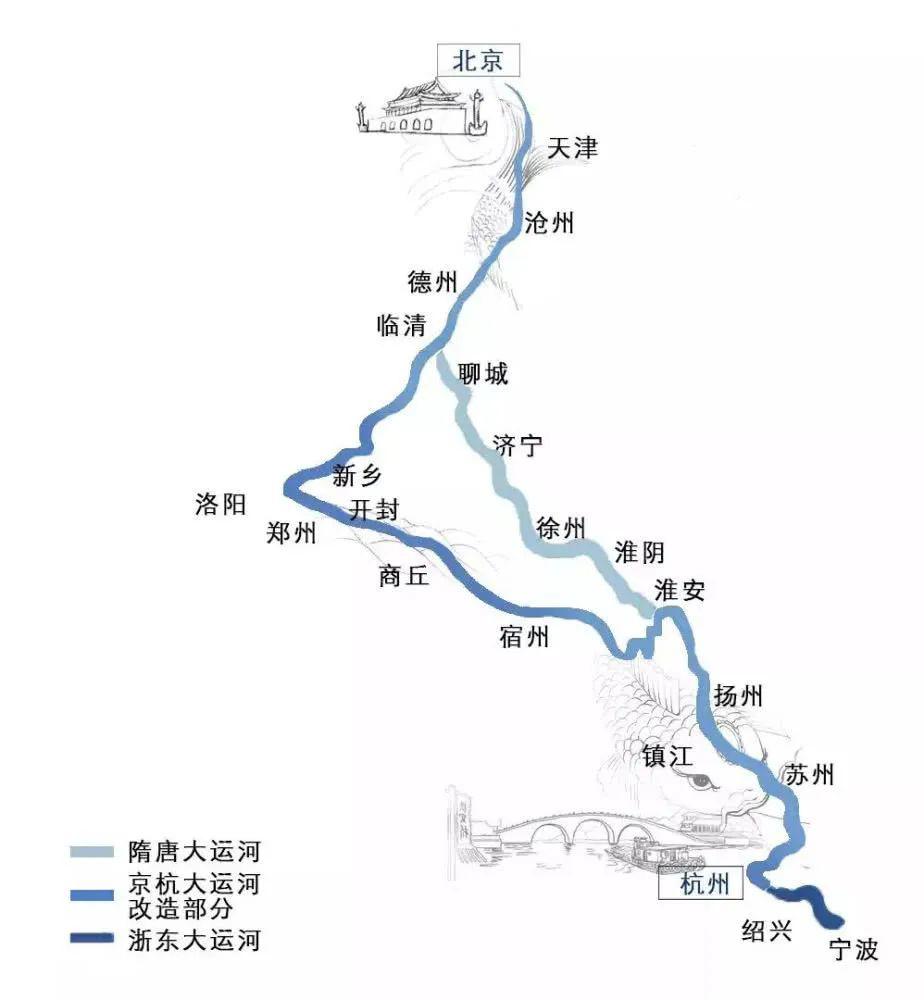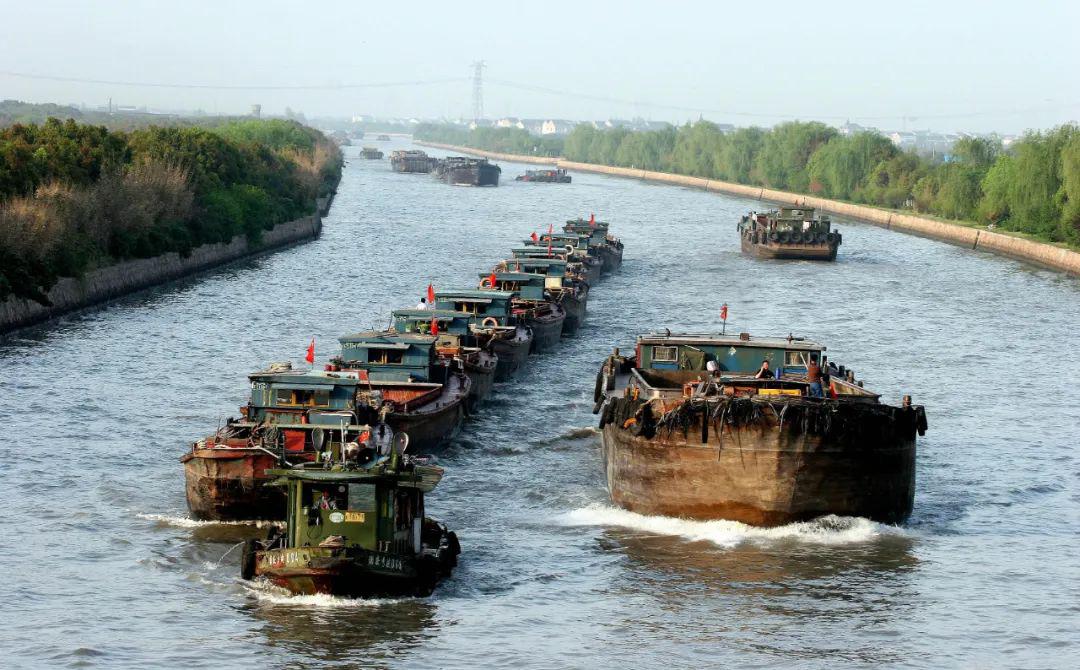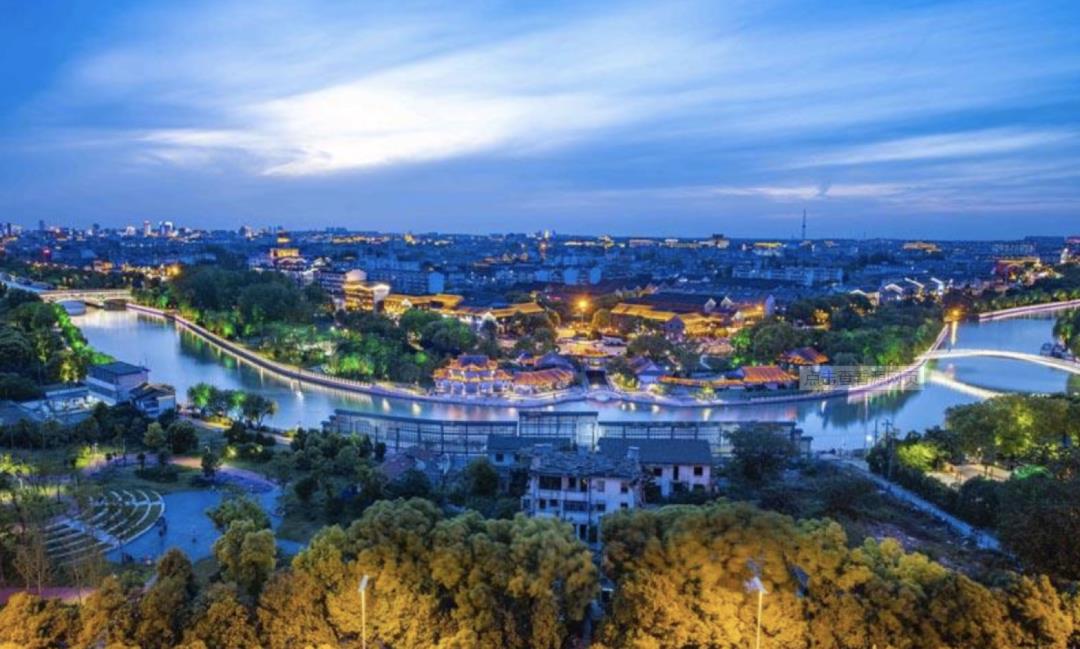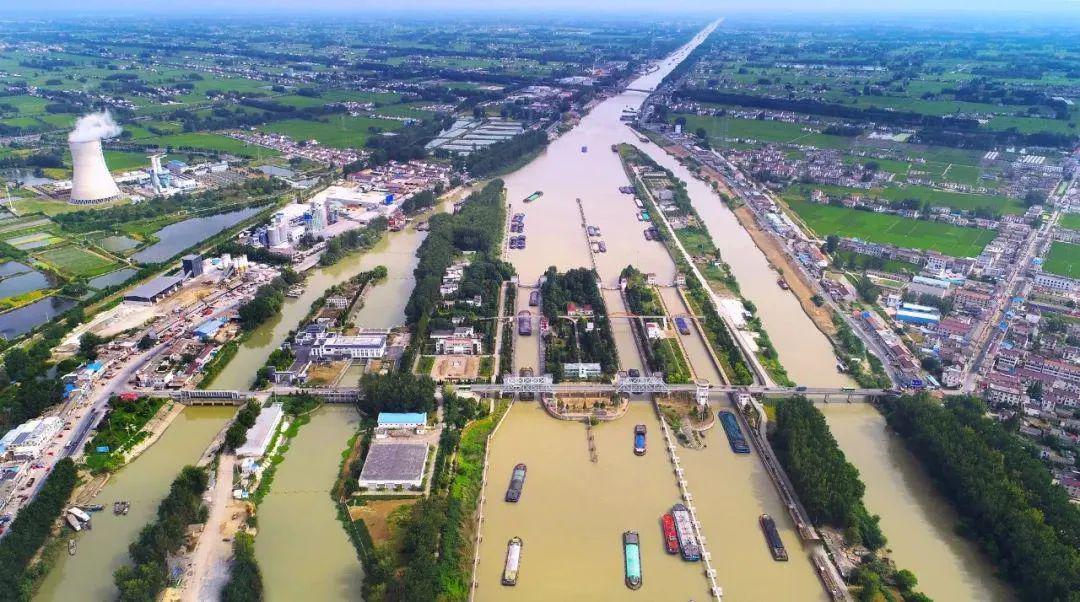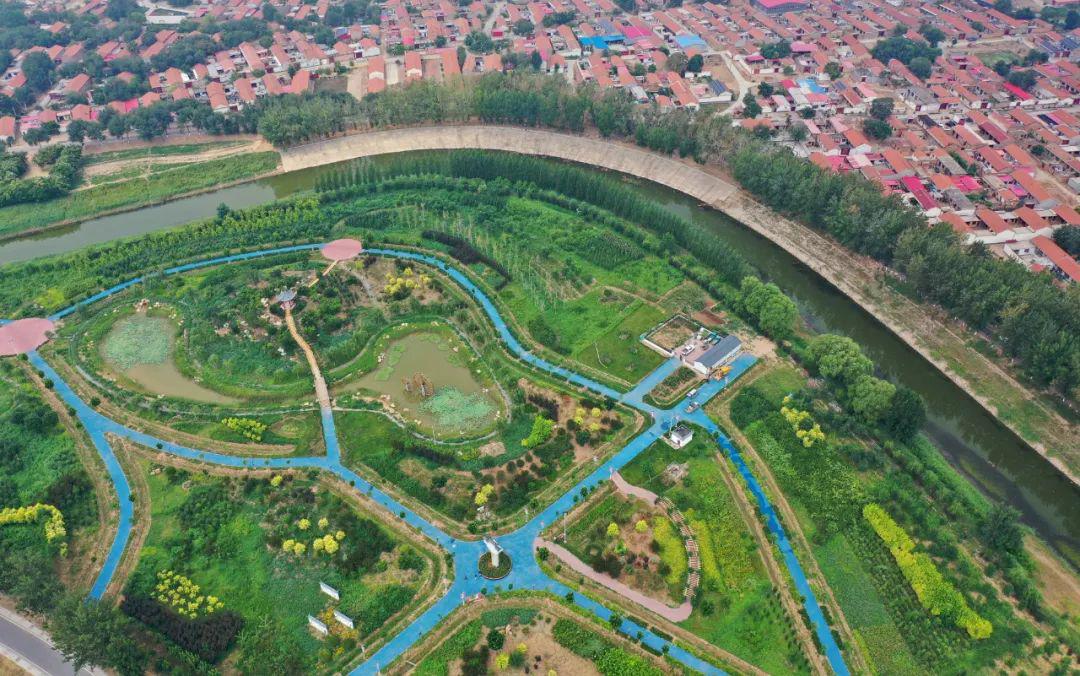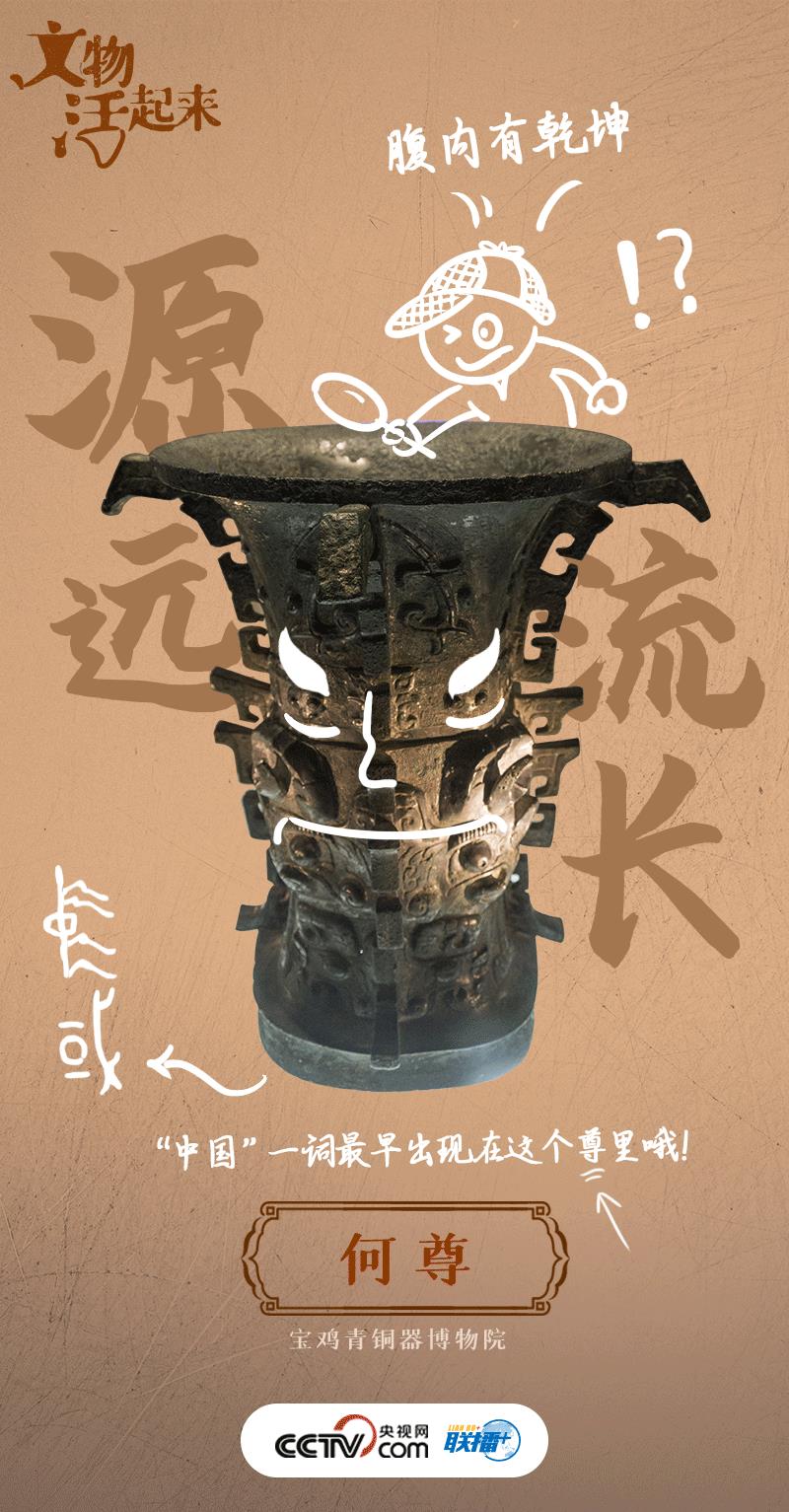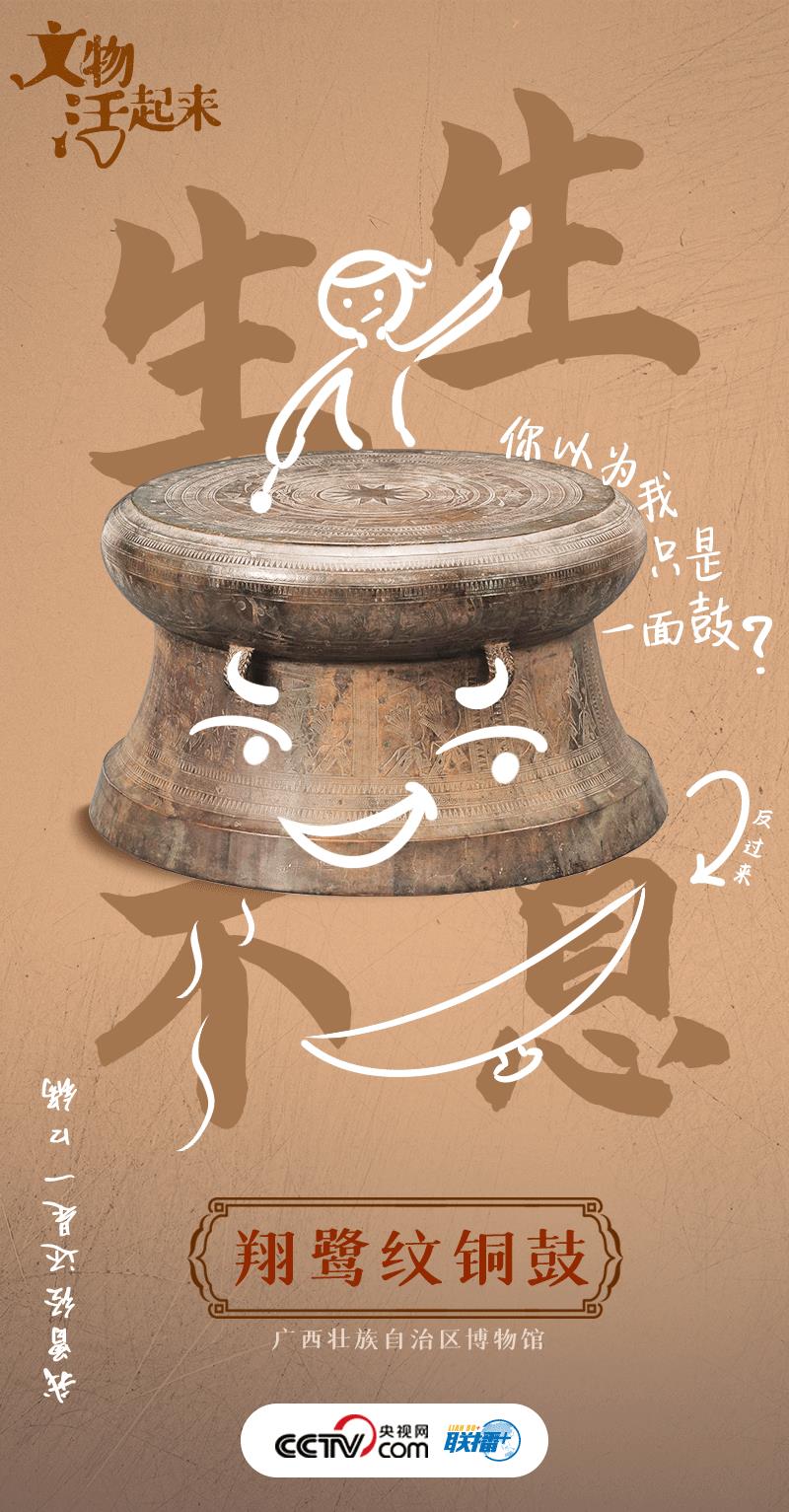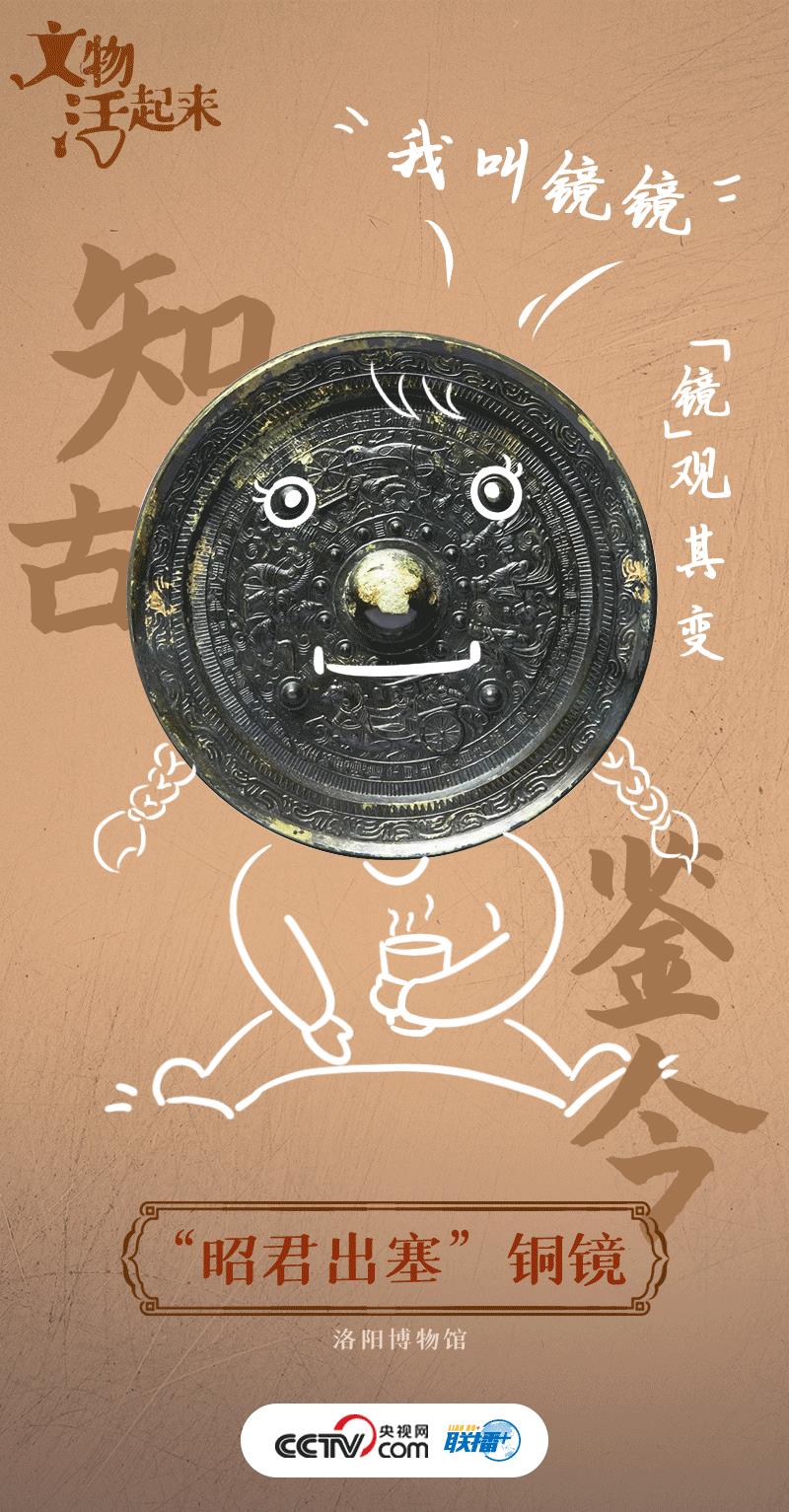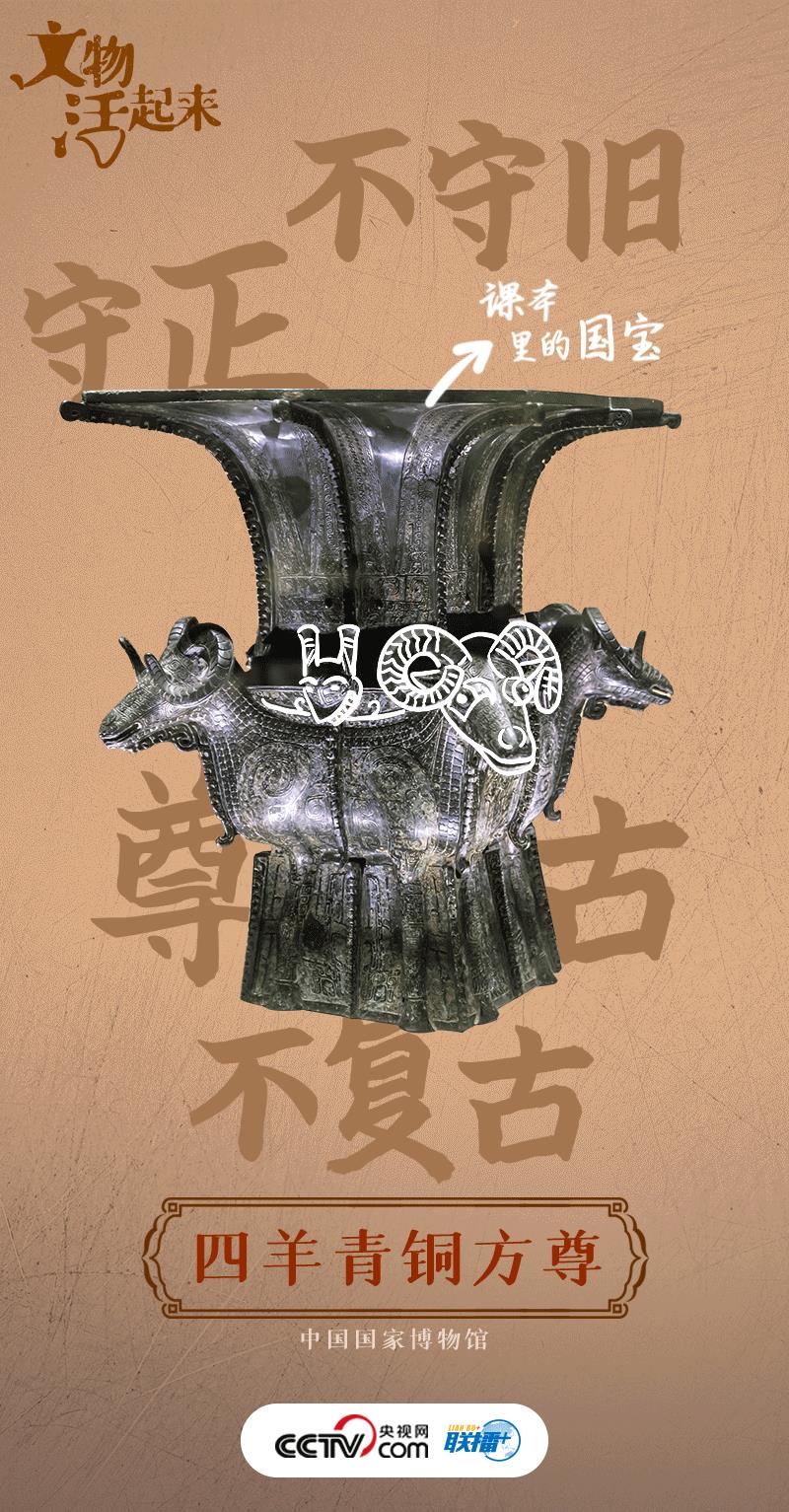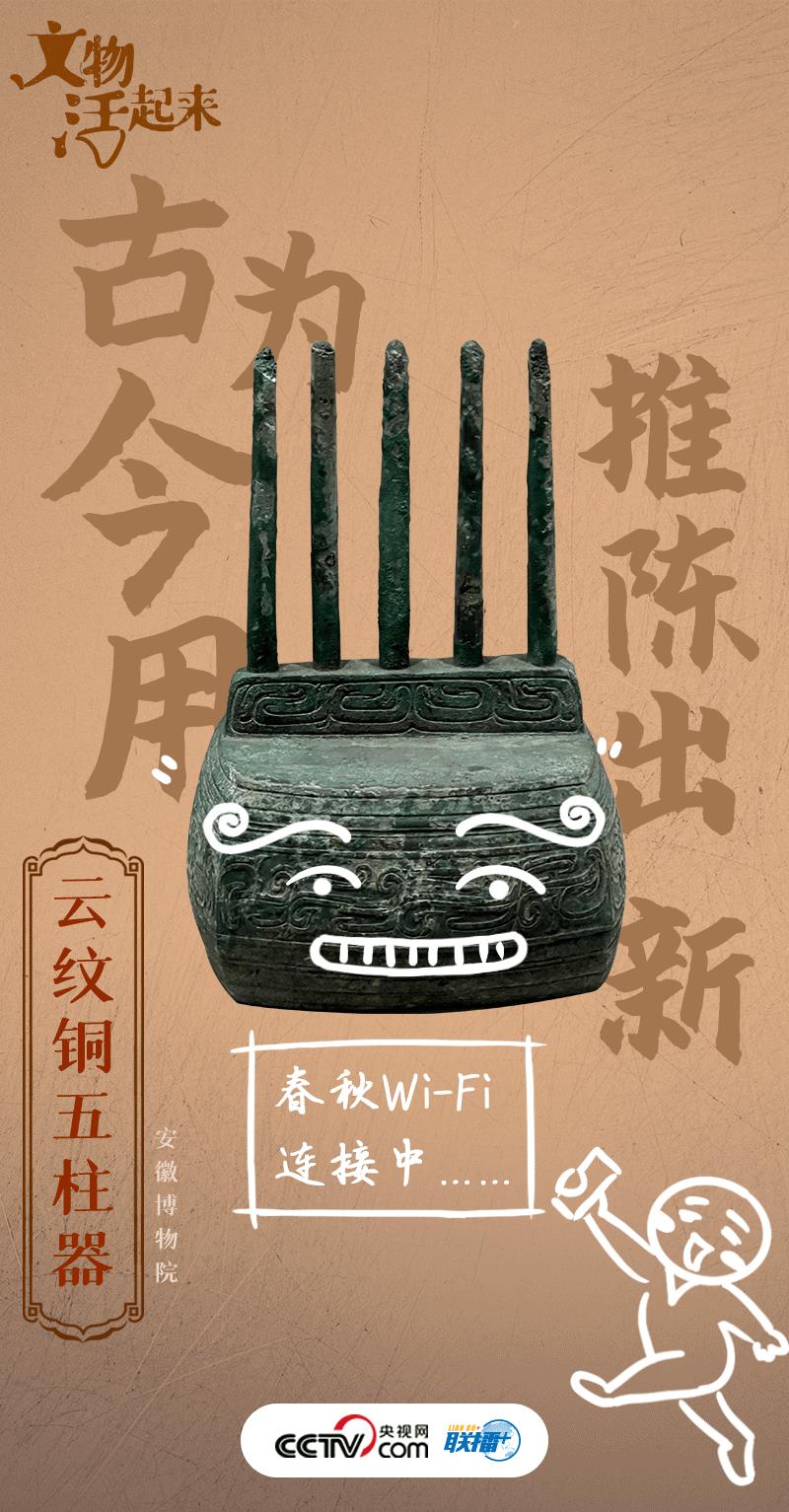Jing Ji Guan Fa [2023] No.31
All institutions of the Working Committee and Management Committee, all functional institutions in the district, all streets, all key state-owned enterprises, and all professional companies:
The "Beijing Economic and Technological Development Zone to promote green, low-carbon and high-quality development funds incentives" issued to you, please conscientiously implement the actual.
Administrative Committee of Beijing Economic and Technological Development Zone
November 24, 2023
(This article is published publicly)
Measures of Beijing Economic and Technological Development Zone on Incentive Funds for Promoting Green, Low Carbon and High Quality Development
In order to practice the concept of green and low-carbon development, further promote the construction of ecological civilization, promote pollution reduction, energy conservation and carbon reduction in Beijing Economic and Technological Development Zone (hereinafter referred to as "Economic Development Zone"), continuously promote the construction of "waste-free city", develop green buildings, accelerate the promotion of carbon neutrality in peak carbon dioxide emissions, and build a livable and livable green new city, and combine the key tasks of ecological environmental protection and energy conservation and carbon reduction.
Chapter I Supporting Contents
The measures take ecological environment protection and energy saving and carbon reduction as the main objectives, take actual results as the guidance, give play to the guiding role of financial funds, ensure the efficiency in the use of financial funds, and focus on supporting pollution prevention, energy saving and carbon reduction, and green building projects.
I. Pollution prevention and control category
(a) air pollution prevention and environmental protection technical transformation projects
Encourage enterprises to carry out the treatment of volatile organic compounds, nitrogen oxides, sulfur dioxide and smoke dust, toxic waste gas, odor and odor, and other air pollutants by means of source reduction, process control, and terminal treatment and upgrading. In principle, the above-mentioned projects will be rewarded according to 30% of the actual payment (excluding tax) of the renovation project. The use of high-tech products, equipment and processes recognized by the relevant departments of the CMC will increase by 5% on the basis of the original reward standard; For enterprises that use the first set of technologies, products, equipment and processes recognized by the relevant departments of the CMC, the original reward standard will be increased by 10%.
(two) water pollution prevention and environmental protection technical transformation projects
Encourage enterprises to implement advanced industrial sewage treatment, sewage recycling, temporary sewage treatment facilities and other projects.
1. In-depth treatment of industrial sewage, enterprises involved in industrial sewage discharge are encouraged to improve the level of wastewater pollution prevention and control by upgrading the wastewater treatment process, so as to further reduce the discharge of water pollutants.
2 sewage recycling, encourage enterprises to recycle and recycle sewage.
3. Temporary sewage treatment facilities refer to the sewage treatment facilities temporarily built by the Economic Development Zone Management Committee to solve key environmental problems in the Economic Development Zone.
In principle, the above-mentioned projects will be rewarded according to 30% of the actual payment amount (excluding tax). The use of high-tech products, equipment and processes recognized by the relevant departments of the CMC will increase by 5% on the basis of the original reward standard; For enterprises that use the first set of technologies, products, equipment and processes recognized by the relevant departments of the CMC, the original reward standard will be increased by 10%.
(3) Deep treatment project of gas boiler
Encourage enterprises and institutions to carry out in-depth treatment of gas boilers and implement ultra-low nitrogen transformation. For gas-fired boilers built before March 31st, 2017, it is supported to effectively reduce the emission concentration of nitrogen oxides by replacing the boilers as a whole. If the concentration of nitrogen oxides is stable within 30mg/m3 after transformation, the specific indicators shall meet the relevant provisions in the Acceptance Requirements for Low Nitrogen Transformation of Gas-fired Boilers in Beijing. In principle, the above-mentioned projects will be rewarded according to the actual payment amount (excluding tax), in which the reward ratio of general enterprises and institutions is 50%, and the use of high-tech products, equipment and processes recognized by relevant departments of the CMC will be increased by 5% on the basis of the original reward standard; For enterprises that use the first set of technologies, products, equipment and processes recognized by the relevant departments of the CMC, the original reward standard will be increased by 10%. The reward ratio of the difference budget allocation unit is 50%, and the reward ratio of the full budget allocation unit is 100%.
(4) Environmental protection online monitoring projects
Encourage enterprises to install online monitoring of sewage or waste gas pollutants (excluding online monitoring of catering waste gas), and if they pass the acceptance and are networked with the monitoring platform of the competent administrative department of environmental protection (except for installing online monitoring equipment during the period of key pollutant discharge units), in principle, the above projects will be rewarded according to 30% of the actual payment amount (excluding tax). The use of high-tech products, equipment and processes recognized by the relevant departments of the CMC will increase by 5% on the basis of the original reward standard; For enterprises that use the first set of technologies, products, equipment and processes recognized by the relevant departments of the CMC, the original reward standard will be increased by 10%.
(five) the overall renovation project of catering waste gas efficient treatment facilities.
Encourage catering service units or individual industrial and commercial households built before January 1, 2019 to implement the overall replacement of compound high-efficiency fume purification facilities. In principle, the project shall be approved according to the exhaust air volume marked on the nameplate of the exhaust fan and fume purification equipment, and the minimum value between the two shall be taken, and 2 yuan shall be rewarded for every 1m3/h air volume.
(six) transformation and upgrading projects of sewage enterprises
Encourage key VOCs emission enterprises (enterprises with an annual VOCs emission of not less than 0.1 tons) to withdraw from Beijing as a whole or shut down the pollution link and withdraw from Beijing, which is in line with the policy of industrial structure adjustment and transformation and upgrading in the Economic Development Zone, and has completed the cancellation of the business license of the enterprise or the dismantling of related production equipment. Support funds shall be linked to indicators such as pollutant emission reduction, and reward funds shall be determined in different grades according to pollutant emission reduction, with a range of 500-2.5 million yuan.
(seven) "no waste city" construction project
Enterprises are encouraged to carry out source reduction, comprehensive utilization or safe disposal of industrial solid waste, domestic waste, construction waste, kitchen waste, garden waste, urban sludge, abandoned resources and other solid wastes through optimized management, improved design, replacement of raw and auxiliary materials, process improvement, technical transformation or installation and upgrading of terminal treatment facilities, and give priority to supporting projects participating in the construction of "waste-free cities" in the Economic Development Zone, and in principle, according to the actual payment amount of the projects (excluding taxes). The use of high-tech products, equipment and processes recognized by the relevant departments of the CMC will increase by 5% on the basis of the original reward standard; For enterprises that use the first set of technologies, products, equipment and processes recognized by the relevant departments of the CMC, the original reward standard will be increased by 10%.
(eight) the project to improve the performance evaluation level of emergency emission reduction of heavy air pollution.
After 2021, the performance evaluation of emergency emission reduction of heavy air pollution organized by the competent department of the industry will be upgraded from D to C with a reward of 100,000 yuan, from C to B (including local B) with a reward of 200,000 yuan, and from B to A (including local A) with a reward of 300,000 yuan. The enterprises upgraded by leaps and bounds will be awarded A (including local A) for three consecutive years.
(9) Excellent pilot projects of advanced low-carbon technologies.
Encourage the priority application of key low-carbon technologies in key areas, and encourage the integrated application of various advanced low-carbon technologies. A one-time award of 500,000 yuan will be given to the outstanding pilot project of advanced low-carbon technology announced by Beijing Municipal Bureau of Ecology and Environment, which is a project that can be enjoyed without application.
(10) Pilot project of low-carbon leader.
Encourage low-carbon leaders as industry benchmarks, provide replicable models and experiences for low-carbon development of the industry, and drive low-carbon transformation of key industries and key areas. A one-time reward of 500,000 yuan will be given to the pilot project of low-carbon leader announced by Beijing Municipal Bureau of Ecology and Environment, which is a free-application and instant-enjoyment project.
(11) Water Efficiency Runner Project
Encourage key water-using enterprises to improve water-saving efficiency, and give a one-time reward of 500,000 yuan to the "water efficiency leader" jointly selected by the Ministry of Industry and Information Technology, the Ministry of Water Resources, the National Development and Reform Commission and the General Administration of Market Supervision, and publicized by the Ministry of Industry and Information Technology. This kind of project is a project that can be enjoyed without application.
(twelve) other projects in the field of ecological environment.
Encourage enterprises to carry out projects such as noise control, soil remediation, greenhouse gas emission reduction, substitution of toxic and harmful raw materials (products), and treatment of new pollutants, which are conducive to reducing regional pollution, improving environmental quality, and playing a leading role in ecological environment construction. In principle, rewards will be given according to 30% of the actual payment amount of the project (excluding tax). The use of high-tech products, equipment and processes recognized by the relevant departments of the CMC will increase by 5% on the basis of the original reward standard; For enterprises that use the first set of technologies, products, equipment and processes recognized by the relevant departments of the CMC, the original reward standard will be increased by 10%.
(thirteen) the replacement of enterprise-owned fuel gas commercial vehicles with new energy commercial vehicles such as electric or hydrogen energy.
The existing enterprises in the Economic Development Zone will be given financial rewards if their existing commercial vehicles, such as Beijing-based fuel gas trucks, large and medium-sized buses and special operation vehicles, are eliminated from Beijing or scrapped, and updated into corresponding new energy trucks, large and medium-sized buses and special operation vehicles, such as pure electric vehicles or hydrogen energy. Enterprises replacing new energy vehicles shall determine the scale of incentive vehicles according to the number of eliminated or transferred fuel gas vehicles and the number of replaced new energy vehicles, whichever is the smaller. The specific reward criteria for each vehicle are as follows:
1. If the fuel gas truck is replaced by a new energy truck, it will be rewarded according to 30% of the terminal price of the new energy vehicle; The purchase and use of high-tech products recognized by the relevant departments of the CMC will increase by 5% on the basis of the original reward standard; Each car does not exceed a maximum of 200,000 yuan.
2. If large and medium-sized buses with fuel and gas are replaced by large and medium-sized buses with new energy, they will be rewarded according to 30% of the terminal selling price of new energy vehicles; The purchase and use of high-tech products recognized by the relevant departments of the CMC will increase by 5% on the basis of the original reward standard; Among them, the maximum replacement for electric vehicles does not exceed 350,000 yuan, and the maximum replacement for hydrogen energy vehicles does not exceed 400,000 yuan.
3. If the fuel gas special operation vehicle is replaced by a new energy special operation vehicle, it will be rewarded according to 50% of the terminal price of the new energy vehicle; The purchase and use of high-tech products recognized by the relevant departments of the CMC will increase by 5% on the basis of the original reward standard; The maximum replacement for electric vehicles is not more than 950,000 yuan, and the maximum replacement for hydrogen energy vehicles is not more than 1.4 million yuan.
(fourteen) enterprises lease large and medium-sized buses with fuel and gas and replace them with new energy buses such as electric or hydrogen energy.
If the existing enterprises in the Economic Development Zone change the existing long-term lease (one year or more) of Beijing-based large and medium-sized fuel-fired buses into new energy vehicles such as pure electric or hydrogen energy, and promise not to lease large and medium-sized fuel-fired buses in the future, they will be given financial incentives. According to the number of new energy vehicles replaced and leased, the scale of reward vehicles is determined. The specific reward standard for each vehicle is a one-time reward of 60,000 yuan.
(fifteen) the title project of green manufacturing system
Encourage enterprises to actively improve the level of green development, and reward projects that have won the titles of national green manufacturing system such as "green factory", "green design product" and "green supply chain management demonstration enterprise" selected by the Ministry of Industry and Information Technology. Among them, the "green factory" and "green supply chain" will reward 1 million yuan for the enterprise; "Green design products" take enterprise products as the unit, and each product is rewarded with 200,000 yuan (the maximum reward for the same enterprise is 1 million yuan). This kind of project is free of application and can be enjoyed immediately.
Second, energy saving and carbon reduction
(sixteen) energy saving and carbon reduction projects.
Enterprises in the fields of industry, transportation, construction and service industries are encouraged to carry out energy-saving technological transformation on existing production processes and equipment. The project contents include but are not limited to energy-saving technological transformation such as compressed air system transformation, boiler (kiln) transformation, waste heat and pressure utilization, motor system energy saving, energy system optimization, comprehensive energy saving for large-scale public buildings, and energy saving for heating systems. According to the amount of energy saving, rewards will be given, including 600 yuan for saving every ton of standard coal for industrial projects and 800 yuan for saving every ton of standard coal for non-industrial projects. The project should be completed, and it has passed the final review of beijing municipal commission of development and reform and been publicized. This kind of project is a free-application and instant-enjoyment project.
(XVII) Distributed photovoltaic power generation projects
For distributed photovoltaic power generation projects, a one-time reward per kilowatt 800 yuan will be given according to the installed capacity. If the project is invested by a third party, the project investor and the site owner apply separately, each enjoying 50% of the incentive funds; If the owner of the site is a financial budget allocation unit, it shall be applied by the project investor, and the project investor shall enjoy the full reward funds.
(eighteen) new energy heating projects.
For new energy heating projects that receive municipal subsidies, 10% of the project investment will be rewarded. The types of new energy heating technologies include: shallow ground source heat pump (excluding water source heat pump), medium-deep hydrothermal geothermal, medium-deep underground heat exchange geothermal, reclaimed water source heat pump, sewage source heat pump, urban and industrial waste heat utilization (encouraging the priority application of low-carbon heat pump technology), green electric heat storage, green hydrogen heating and other new energy heating systems.
(nineteen) green electricity trading projects
Encourage enterprises to participate in the green electricity trading in Beijing, and give financial rewards to enterprises that successfully purchase green electricity, with a reward of 0.01 yuan per kilowatt hour according to the traded electricity.
(twenty) energy saving and carbon reduction consulting projects.
Associations, alliances, consulting institutions and other consulting service units in Yizhuang New Town are encouraged to carry out technical consulting and planning services such as energy saving and carbon reduction, cleaner production, energy audit, carbon verification, carbon neutralization certification, and the consulting service units that carry out the above technical consulting and planning services for five or more municipal key energy-using units or carbon emission units in the region will be rewarded with 100,000 yuan every year.
(twenty-one) carbon neutral certification project
Encourage enterprises and parks to implement peak carbon dioxide emissions and carbon neutral actions, and realize net zero carbon emissions of enterprises, parks, some factories or workshops by implementing measures such as photovoltaic, wind power, ground source heat pump, carbon sink offset and green electricity and green certificate trading.
1. Give a one-time reward of 500,000 yuan to the regulated industrial enterprises that have obtained carbon neutrality certification for the first time, in which the actual power generation of self-built new energy facilities shall not be less than 10% of the power grid purchase.
2. Give a one-time reward of 500,000 yuan to non-industrial enterprises above designated size that have obtained carbon-neutral certification for the first time, in which the actual power generation of self-built new energy facilities should be no less than 10% of the power purchased by the power grid, and the annual power consumption of carbon-neutral is 4 million kWh and above.
3. Give a one-time reward of 500,000 yuan to the urban renewal park that has obtained carbon neutrality certification for the first time, and the actual power generation of self-built new energy facilities should be no less than 5% of the power grid purchase.
4. Give a one-time reward of 500,000 yuan to the key carbon emitting units that have obtained the carbon neutrality certification of some factories or workshops for the first time, in which the actual power generation of the self-built new energy facilities of the factories or workshops should be no less than 10% of the electricity purchased by the power grid, and the annual power consumption of the factories or workshops is 4 million kWh or more.
5. If the carbon-neutral certification project supported by the green development fund of the Economic Development Zone continues to obtain carbon-neutral certification according to the above requirements, a reward of 100,000 yuan will be given.
All reporting units need to be verified by qualified carbon emission verification enterprises (with ISO14064-1 organization greenhouse gas declaration verification qualification officially certified by China National Accreditation Committee for Conformity Assessment (CNAS)).
(twenty-two) key energy-using units energy-saving index assessment outstanding unit projects.
Units with excellent energy-saving and consumption-reducing indicators for key energy-using units in Yizhuang New City (this assessment is organized by the District Economic Development Bureau) will be given a one-time reward of 200,000 yuan, and such projects are free of application and enjoy immediately.
Third, the green building category
(XXIII) Green building projects
In order to effectively promote the green and low-carbon transformation in the construction field of the Economic Development Zone, district-level supporting awards will be given to projects that have won municipal awards, and district-level awards will be given to innovative demonstration projects in green buildings and building energy conservation.
1. In accordance with the Notice on Printing and Distributing the Interim Measures for the Management of Municipal Award Funds for Assembled Buildings, Green Buildings and Green Ecological Demonstration Zones in Beijing (J.J.F. [2020] No.4), the two-star and three-star green building projects that have won the municipal award for green buildings in Beijing will be given district-level supporting awards of 50 yuan/m2 and 80 yuan/m2 respectively according to the construction area, and the amount of individual projects will not exceed 5 million yuan.
2. According to the Detailed Rules for the Implementation of Beijing Green Building Development Incentive Fund Demonstration Project Management (Trial Implementation) (J.J.F. [2023] No.191), the projects that have won the municipal green building awards in Beijing will be given district-level supporting awards of no more than 60 yuan/m2 according to the ratio of 1: 1 of the municipal award funds, and the award amount of a single project will not exceed 5 million yuan. Such projects are free-of-application and instant-enjoyment projects.
(twenty-four) energy-saving green transformation projects of public buildings.
For public buildings with a single building area of 3,000 square meters or more, ordinary public buildings with an energy-saving rate of not less than 15% after energy-saving transformation, or large public buildings with an energy-saving rate of not less than 20%, district-level supporting awards of not more than 10 yuan/square meter shall be given to projects that have won municipal awards for energy-saving and green transformation of public buildings in Beijing (among which projects within 165 square kilometers shall be reported to the Beijing Municipal Commission of Housing and Urban-Rural Development after being audited by the Development Zone). For ordinary public buildings with an actual energy saving rate of more than 10% and less than 15% or large public buildings with an actual energy saving rate of more than 15% and less than 20%, you can apply for incentive funds according to the above criteria according to the converted area. The conversion area algorithm is as follows:
Converted area = base construction area × (actual energy saving rate/target energy saving rate)
The incentive funds will be allocated in one lump sum after the project passes the comprehensive acceptance review and is included in the management system library of Beijing public building energy-saving and green transformation project, and the total amount of district-level supporting incentives for a single project and Beijing incentive funds does not exceed 50% of the total investment in transformation. This kind of project is a free-application and instant-enjoyment project.
(twenty-five) demonstration projects such as ultra-low energy consumption buildings and near-zero energy consumption buildings.
In order to play a leading role through demonstration projects and promote the large-scale development of ultra-low energy-consumption buildings and near-zero energy-consumption buildings in Yizhuang New Town, for the municipal-level award projects of ultra-low energy-consumption buildings in Beijing, the district-level supporting awards shall be given at a ratio of 1: 0.5 of the municipal-level award funds, and the amount of awards for a single project shall not exceed 5 million yuan, which is a free-to-apply and instant-enjoy project.
(twenty-six) innovative demonstration projects in green buildings and building energy conservation.
For other demonstration projects with outstanding achievements or innovative achievements in the application of green building technology, obvious economic and environmental benefits and demonstration leading role, which can be applied in Yizhuang New City, experts can review them in the way of "one case, one discussion" according to the actual situation, taking into account the green energy-saving benefits and incremental investment of the project comprehensively, and reward them according to 20% of the actual payment amount of the project (excluding tax), and the reward amount of a single project does not exceed 5 million yuan. If you win the national or Beijing science and technology and innovation awards, a single project will be rewarded with another 500,000 yuan.
(twenty-seven) green site projects.
For the sites that have been awarded the title of "Beijing Green Safety Site" or "Beijing Green Safety Model Site" by the construction administrative department, and have not been punished by the relevant administrative departments due to environmental problems, and have not been notified in writing by the relevant administrative departments at or above the municipal level due to environmental problems, and have been completed, they can be rewarded with 100,000 yuan and 200,000 yuan respectively. Such projects are free to apply and enjoy.
Chapter II Scope and Conditions of Support
I. Scope of support
The supporting items (1) to (14) in the supporting contents of these Measures are applicable to the area of 60 square kilometers in the Economic Development Zone, and the remaining qualified supporting items (15) to (27) are applicable to the area of 225 square kilometers in Yizhuang New Town.
The applicants for supporting projects (1) to (14) should be legally registered, taxed and integrated within 60 square kilometers of the Economic Development Zone, and the applicants for other supporting projects (15) to (27) should be legally registered, taxed and integrated within 225 square kilometers of Yizhuang New Town.
Second, the support conditions
(1) All reporting entities shall register, pay taxes and join the system according to law within the scope of application as stipulated in the Measures.
(2) It has no record of major administrative punishment or criminal offence in the past three years, and has not been included in the list of subjects who have committed serious violations of law and trust, and no major production safety accidents or sudden environmental incidents have occurred.
(3) If the same project of the same unit meets the multiple support directions and other special support policies of the Economic Development Zone as stipulated in these Measures, it shall apply for support according to the principle of preferential treatment and non-repetition.
(4) This method is an ex post facto reward. In principle, the declared project progress must have been completed, and the actual payment amount including tax reaches more than 90% (inclusive) of the total investment of the tax-included project.
(five) the following projects are not included in the scope of support of green development funds:
1. The related projects in the direction of pollution prevention and control support belong to the "three simultaneities" project of environmental protection of construction projects.
2. Data center projects that have not received energy-saving review opinions.
3 the use of government financial funds to invest in construction projects.
(6) The specific application conditions shall be subject to the requirements in the application guide for each support direction.
Chapter III Supplementary Provisions
I. Sources of funds
The Economic Development Zone Management Committee has set up a "special fund for green development" to support the ecological environment protection and energy conservation and carbon reduction in the Economic Development Zone. The source of funds is the financial allocation of the Economic Development Zone, which is included in the budget management of the Economic Development Zone. A regional eco-environmental cooperation fund will be set up in the special fund for green development to support the pilot project of cross-regional cooperation between the Economic Development Zone and other districts in Beijing, which will be implemented through the transfer payment of government financial funds.
Second, the division of responsibilities
(1) The leading group for the management of green development funds in the Economic Development Zone conducts overall management of green development funds, determines the direction of the use of funds, and coordinates and solves major problems in the management and use of funds. The member units include the Economic Development Bureau of the Economic Development Zone, the Business Cooperation Bureau, the Science and Technology Innovation Bureau, the Financial Audit Bureau, the Development and Construction Bureau, the Urban Operation Bureau, the Administrative Examination and Approval Bureau, and the Government Service Center. The Office of the Leading Group for the Management of Green Development Funds consists of the Economic Development Zone Urban Operation Bureau, the Economic Development Bureau and the Development and Construction Bureau (hereinafter referred to as the "Leading Group").
(two) the green development funds shall be organized and coordinated by the Urban Operation Bureau, and shall be implemented by the competent departments in various fields. The Urban Operation Bureau is responsible for the policy formulation, project review and policy fulfillment of pollution prevention and control support direction, as well as the organization and implementation of regional eco-environmental cooperation funds; The Economic Development Bureau is responsible for the policy formulation, project review and policy implementation of energy saving and carbon reduction support direction; Development and Construction Bureau is responsible for the policy formulation, project review and policy implementation of green building support direction; The competent department may entrust a third-party professional organization to conduct project review. In the preparation of the next annual budget, all departments can put forward the demand for cash according to the project collection or project review, and put it into the green development fund budget in a unified way.
(three) the audit department of the CMC is responsible for auditing and supervising the policy funds according to law; The Financial Audit Bureau of Economic Development Zone is responsible for the overall budget management and allocation management of green development funds, and evaluates the performance of policies; The administrative examination and approval bureau of the Economic Development Zone is responsible for investigating the "three simultaneities" project of environmental protection.
III. Other explanations
(a) for enterprises and institutions supported by these measures, they should cooperate with the performance evaluation and special audit work; For projects with unqualified audit or performance evaluation results, they will be ordered to make rectification within a time limit; If the circumstances are serious or the rectification is not in place, the leading group has the right to recover the allocated funds and collect its behavior into the "credit service platform for market participants in the Economic Development Zone".
(two) the total amount of funds supported by enterprises is not linked to the regional economic contribution of the previous year.
(3) The Administrative Committee of Beijing Economic and Technological Development Zone shall be responsible for the interpretation of these Measures.

